
Dominance In Latin America: Rivalry Between England And The United States -
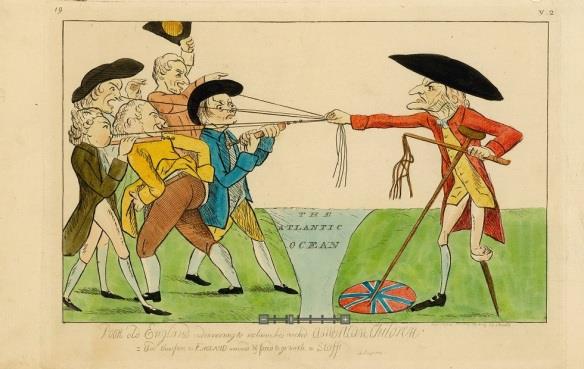
In response, the United States government dispatched the frigate USS Lexington to pressure local authorities to release the detainees. This incident was influenced by the Jackson Doctrine, which promoted the expansion of American power through the imposition of its will. This was not only an act of protection for its citizens abroad, but also a strategy to assert its presence in the Southern Cone. A few months after the incident with Argentina, on January 3, 1833, Great Britain carried out the military occupation of the Falkland Islands. The United States remained on the sidelines and avoided condemning the British action, which evidenced a selective application of the Monroe Doctrine.
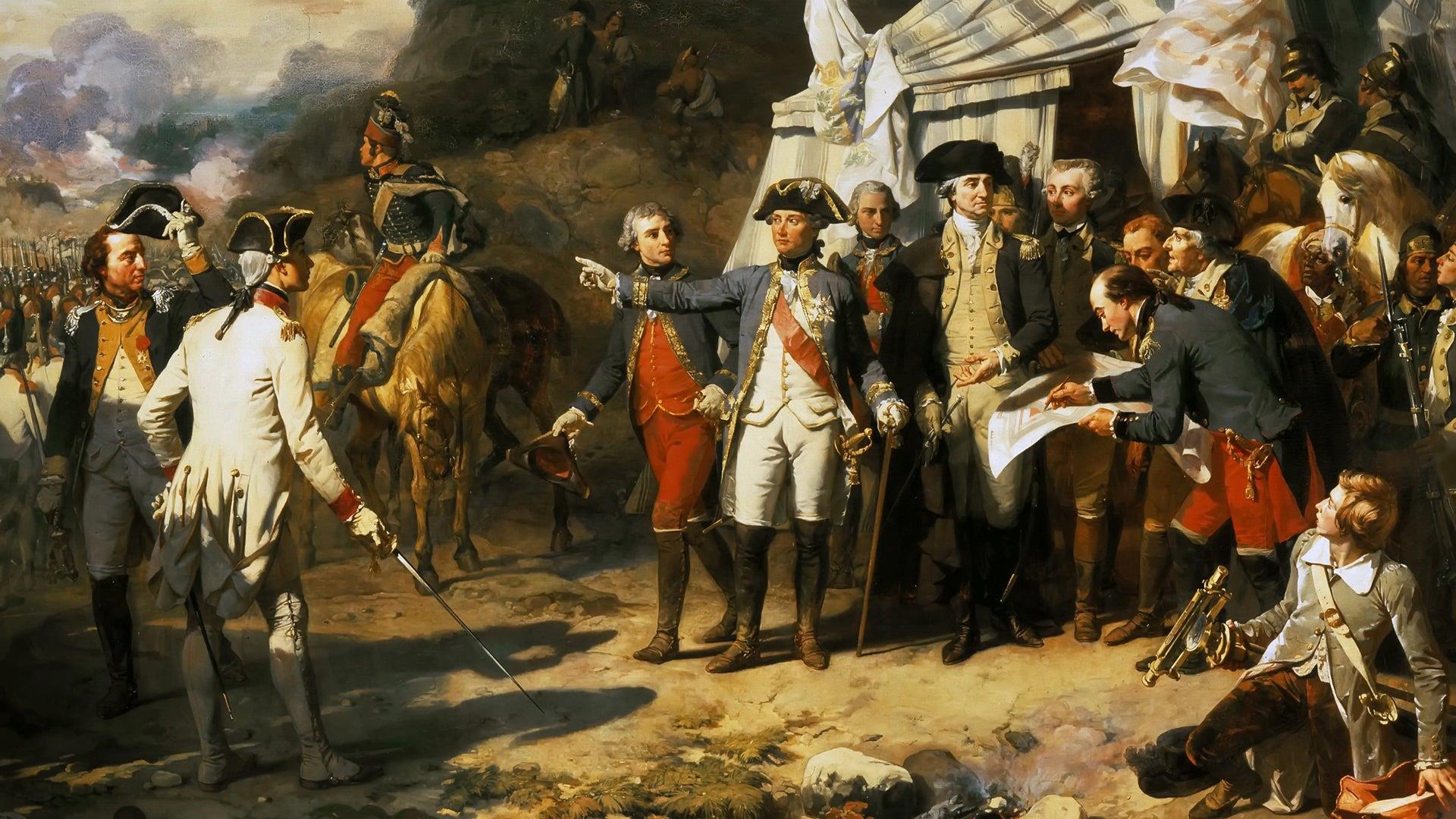
In theory, the doctrine proclaimed by James Monroe in 1823 sought to curb the expansion of European powers in the Americas. However, in practice, the United States ' passivity in the face of the British invasion demonstrated that its priority was not protecting Latin American nations, but safeguarding its own geopolitical interests. Argentina was left in a diplomatic and military vulnerability, allowing Great Britain to consolidate its dominance over the islands. Between 1834 and 1836, a diplomatic crisis erupted between New Granada (present-day Colombia) and the United Kingdom due to the intervention of British Vice Admiral Charles Russell in the internal affairs of the South American country.
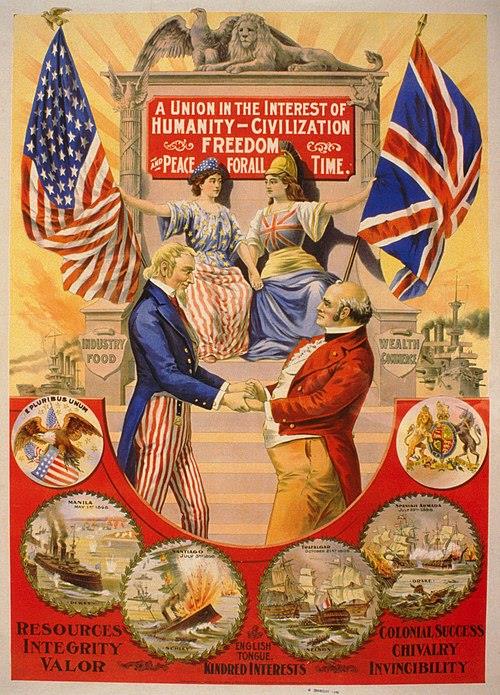
In a controversial episode, Russell was sentenced to six years in prison after an altercation with New Granadan citizen Justo Paredes, leading the British authorities to demand his immediate release and compensation of one thousand pounds. The New Granadan government, steadfast in its sovereignty, initially refused to accept the British demands. However, increasing pressure from the British crown and threats forced the Granadan authorities to begin a negotiation process to avoid an escalation of the conflict. In 1837, New Granada finally agreed to pay the indemnity in order to prevent military intervention.
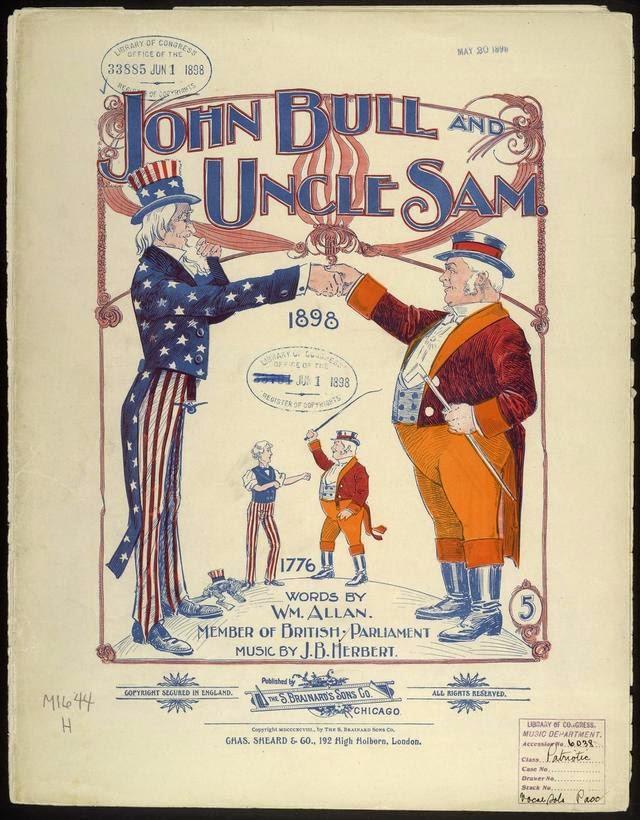
Despite this agreement, in 1839, diplomat Manuel María Mosquera was sent to London to obtain a revision of the treaty and seek rectification from the British government. However, before he could achieve his goal, his government was overthrown, thwarting any attempt at renegotiation. This episode reflected and demonstrated the fragility of the newly independent republics. During the 1830s and 1840s, tensions mounted and the United States applied coercive diplomacy and the use of force to assert its interests, while Great Britain turned to commercial control and territorial expansion as strategies to consolidate its dominance.

The struggle for control of the region forced the young Latin American republics to negotiate their sovereignty under conditions of extreme diplomatic, economic, and, in some cases, military pressure. This historical period marked the beginning of a long period of foreign interference in the internal affairs of Latin American countries, creating a scenario of dominance where the decisions of Latin American countries were extorted by the United States and England. The struggle for control of the region forced the young Latin American republics to negotiate their sovereignty under conditions of extreme diplomatic, economic, and, in some cases, military pressure.

Legal Disclaimer:
MENAFN provides the
information “as is” without warranty of any kind. We do not accept
any responsibility or liability for the accuracy, content, images,
videos, licenses, completeness, legality, or reliability of the information
contained in this article. If you have any complaints or copyright
issues related to this article, kindly contact the provider above.
Most popular stories
Market Research

- Pepeto Presale Exceeds $6.93 Million Staking And Exchange Demo Released
- Citadel Launches Suiball, The First Sui-Native Hardware Wallet
- Luminadata Unveils GAAP & SOX-Trained AI Agents Achieving 99.8% Reconciliation Accuracy
- Tradesta Becomes The First Perpetuals Exchange To Launch Equities On Avalanche
- Thinkmarkets Adds Synthetic Indices To Its Product Offering
- Edgen Launches Multi‐Agent Intelligence Upgrade To Unify Crypto And Equity Analysis

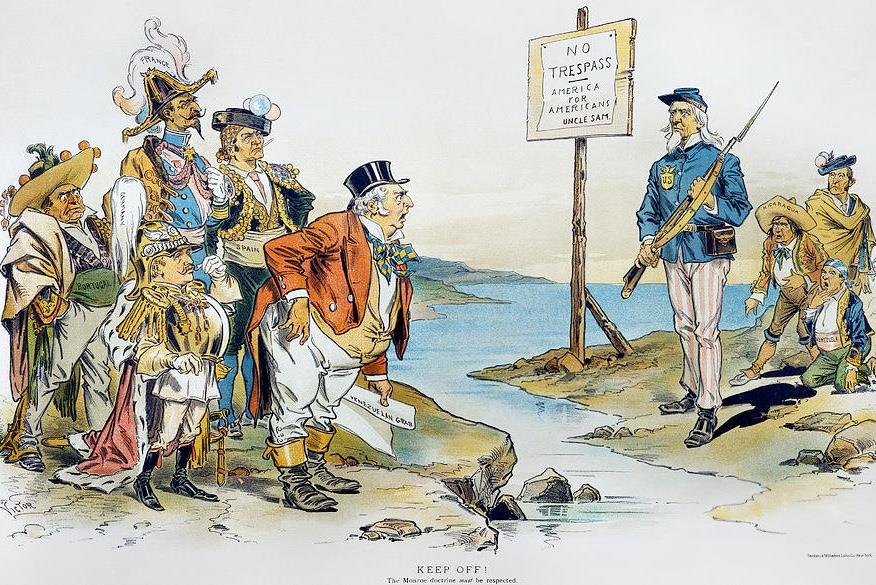

















Comments
No comment